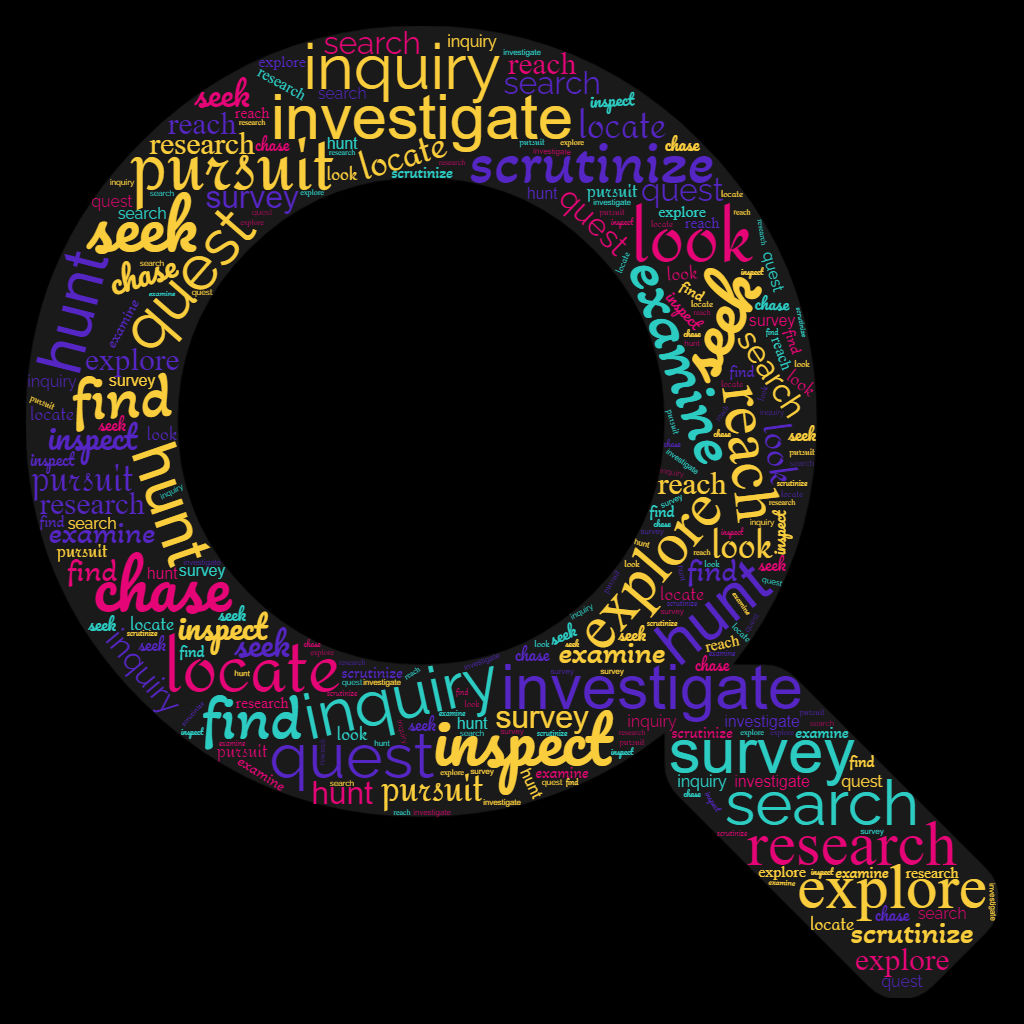As a user of the internet, you are no stranger to search engines. They are the backbone of the internet, helping you find the information you need quickly and efficiently. But have you ever wondered how they work? Or what types of search engines are available? When you want to search for something online,
where do you go?
You may say, “What a foolish question?
Naturally, Google.”
You are right, most of us search on Google to
find answers to our questions. But you see the question was not a foolish one. Yes it is true that for the last two decades
Google has been the search engine of choice millions across the world, and is
continuing to do so.
But, the equations are changing. A number of new
and some old search engines are surfacing to ride the waters. With AI Chatbots sweeping the internet by storm,
and finding application in every aspect of human and machine interactions the
role and use of search engines is sure enough to change sooner than later.
Whatever changes happen, there are a number of
niche search engines that provide a great search experience. With such search
engines, you can access specific information tailored to your needs.
Being aware of the various search engines
available may surely help you. Isn’t it?
In this comprehensive guide, we will explore the world of search engines, including their types, advantages, and how AI chatbots are changing the search experience.

Table of Contents
What is a Search Engine?
A search engine is a software program that helps users find information on the internet. They work by using algorithms to crawl and index web pages, allowing users to search for specific keywords or phrases. Search engines use complex algorithms to determine the relevance and importance of web pages, which they then rank in order of relevance.
How Does a Search Engine Work?
Search engines work by using three main components: the crawler, the index, and the search algorithm.
- The crawler, also known as a spider or bot, is a program that scans the internet for web pages. It follows links from one page to another, indexing each page it finds along the way.
- The index is a database of all the web pages that the crawler has found. It stores information about each page, including its content, keywords, and links.
- When a user enters a search query, the search engine uses its algorithm to search the index and return the most relevant results.
What are the Types of Search Engines?
Search engines can be categorized into several types, depending on their purpose and functionality. Here are the most common types of search engines:
- General Search Engines
General search engines like Google and Bing are the most common type of search engine. They are designed to search the entire web and return results based on the user’s search query. These search engines are best for finding general information or products. Google, Bing and Yahoo are examples.
- Specialized Search Engines
Specialized search engines, also known as vertical search engines, are designed to search specific industries or niches. Examples include: Job search engines like Indeed or Monster, Travel search engines like Expedia or Kayak, People search engines like Spokeo or PeekYou, Image search engines like Google Images or Shutterstock.
- Meta Search Engines
Meta search engines like Dogpile, MetaCrawler or Tome, search multiple search engines at once and combine the results into one page. These search engines are best for finding obscure or hard-to-find information.
- Social Media Search Engines
Social media search engines like Twitter or Facebook search within social media platforms for specific content, such as tweets or posts. These search engines are best for finding real-time information or trending topics.
Video Resource
Which Type of Search Engine Should You Use and When?
The type of search engine you should use depends on what you are looking for.
- General search engines like Google and Bing are best for finding general information or products.
- Specialized search engines like WikiHow are best for finding specific information or products within a particular industry or niche.
- Meta search engines like Tome are best for finding obscure or hard-to-find information.
- Social media search engines like Twitter are best for finding real-time information or trending topics.
What are the benefits of Search Engines?
Access to Information: Search engines allow users to access a vast amount of information on any topic they are interested in. They can also filter and refine their searches based on various criteria such as location, date, language, etc.
Convenience and Speed: Search engines enable users to find information quickly and easily without having to browse through multiple websites or sources. They can also use voice or image search features to make their queries more convenient.
Relevance and Quality: Search engines rank web pages based on their relevance and quality for each query. They use various factors such as keywords, links, content, user behavior, etc. to determine which pages are most likely to satisfy the user’s intent.
Traffic and Visibility: Search engines help website owners attract more traffic and visibility for their websites by displaying them in their results pages. They can also use SEO techniques to optimize their websites for better rankings and performance.

How are AI Chatbots Changing the Search Experience?
AI chatbots are software programs that use natural language processing and machine learning to interact with users via text or voice. They can provide various services such as answering questions, providing recommendations, booking appointments, etc. Bing, Bard and You are integrated with chatbots while Chrome browsers have third party chatbot extensions.
AI chatbots are changing the search experience by making it more conversational, personalized, and engaging. Some of the ways AI chatbots are improving the search experience include:
- Understanding User Intent: AI chatbots can understand the user’s intent better than traditional search engines by analyzing their queries in natural language and context. They can also ask follow-up questions or provide clarifications if needed.
- Providing Relevant Answers: AI chatbots can provide relevant answers or solutions for each query by accessing various sources of information such as databases, websites, social media platforms, etc. They can also use feedback loops to learn from user responses and improve their accuracy over time.
- Enhancing User Satisfaction: AI chatbots can enhance user satisfaction by providing a more human-like and interactive experience
Search Engine Category List
Conclusion
Search engines are an integral part of our online experience. They help us find the information we need quickly and efficiently. Understanding the different types of search engines available can help you optimize your search experience and find the information you need more easily. With the advent of AI chatbots and extensions, search engines are becoming more personalized and accurate than ever before. So, the next time you search for something online, remember to choose the right search engine for your needs and take advantage of AI chatbots to enhance your search experience.




